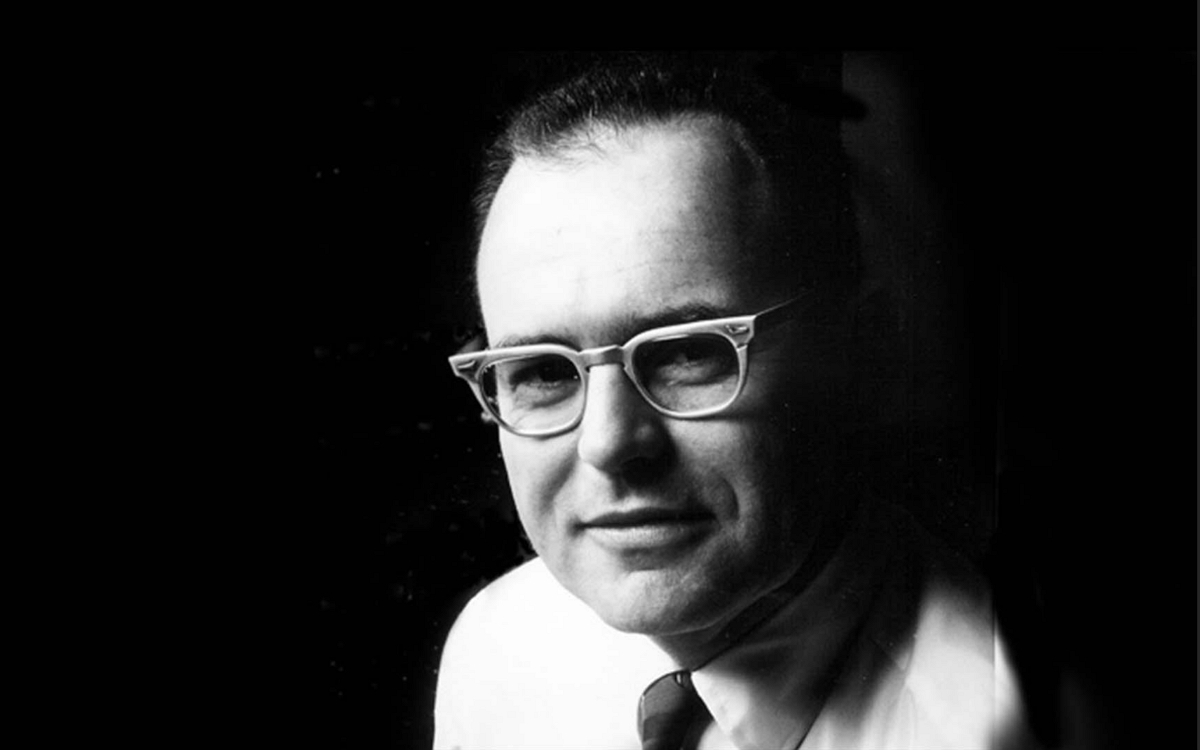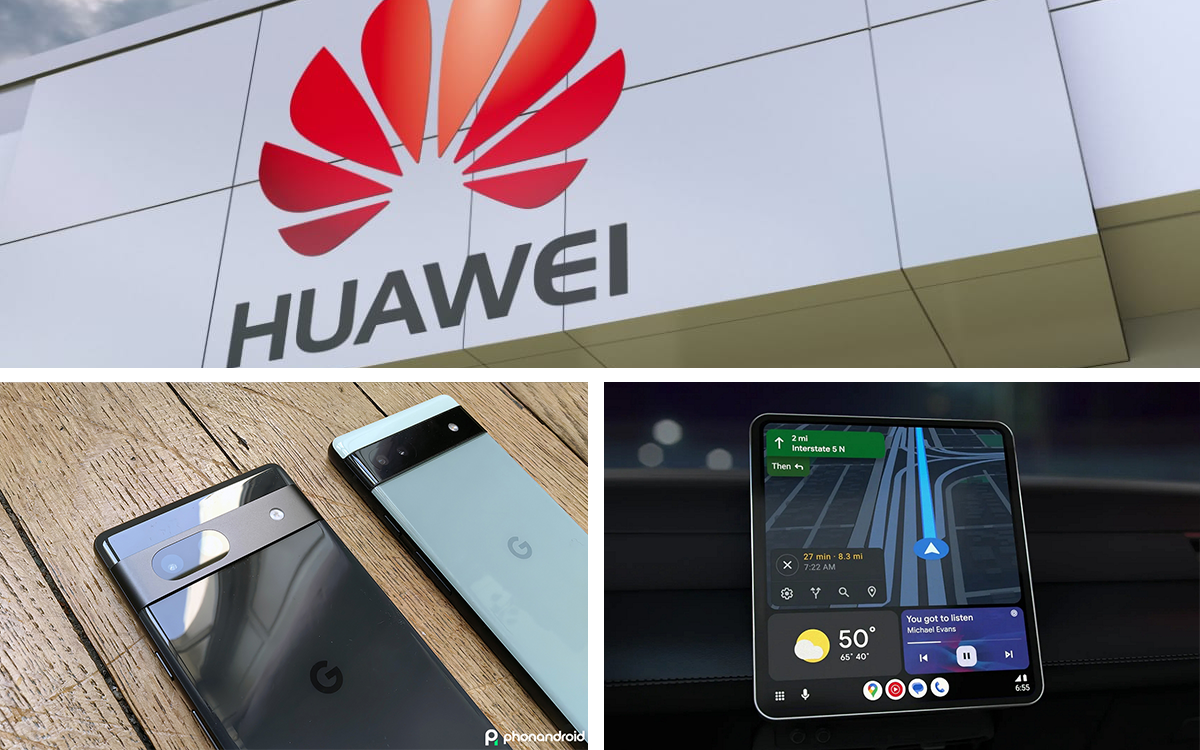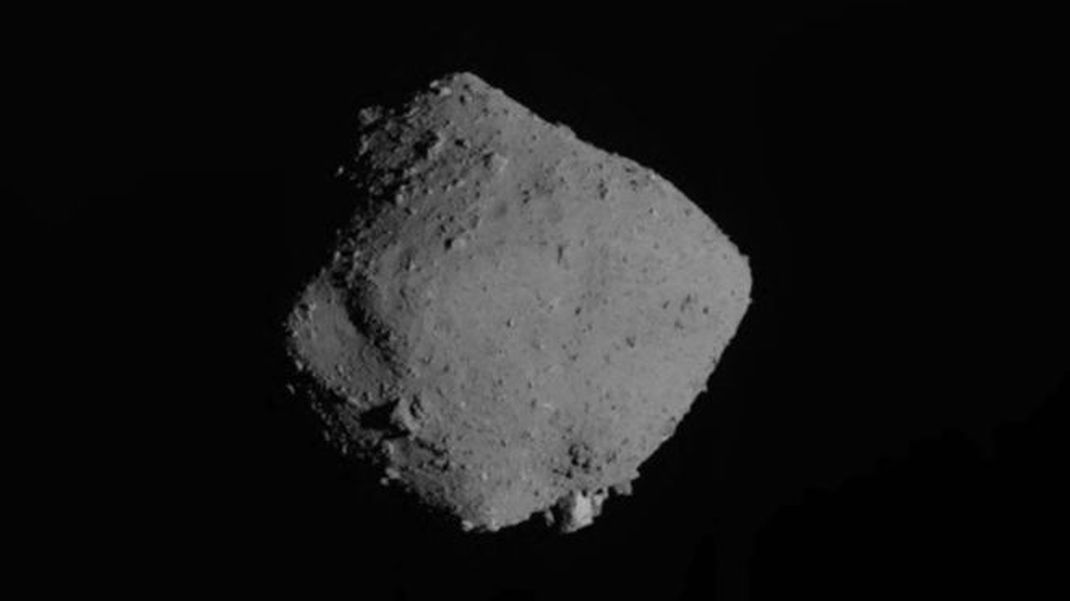Gordon Moore, the Intel co-founder who brought Moore’s Law to life, has died
Intel co-founder Gordon Moore, a pioneer in the semiconductor industry whose “Moore’s Law” predicted a steady increase in computing power for decades, died Friday at the age of 94, announced the society.
Intel co-founder Gordon Moore, passed awayconfirmed this evening the giant of microprocessors. He was 94 years old. The flea guru passed away peacefully at his home, surrounded by his family, in Hawaii, according to the Gordon and Betty Moore Foundation, the philanthropic organization he started with his wife.
Gordon Moore is one of the most important figures in the modern technology industry. It is partly thanks to him that millions of homes have been able to accommodate a computer at the beginning of computing, and we owe him the famous Moore’s law, which bears his name. ” Integrated circuits will lead to such marvels as home computers, or at least terminals connected to a central computer, automatic controls for automobiles, and personal portable communications equipment. wrote Moore in his document, two decades before the PC revolution and more than 40 years before Apple launched the iPhone.
Also read – Raptor Lake Refresh: the release date of the new Intel processors is becoming clearer
What is Moore’s Law?
For those who don’t know, in 1965 Gordon Moore coined a phrase that became Moore’s Law, which states that the number of components (transistors) in a circuit doubles every 12 months. The law has since been revised a few times. In 1975, this law was notably extended to 24 months.
According to this law, we can therefore expect that the speed and capacity of our computers increases every two years, but we will pay less for them. Another principle of Moore’s Law states that this growth is exponential. Today, while Moore’s Law continues to produce exponential improvements, results are achieved at a slower rate.
Gordon Moore had a long and illustrious career in the then fledgling silicon chip manufacturing industry. First executive vice president of Intel, Moore became chairman and CEO in 1975 and, four years later, chairman and CEO. He remained CEO until 1987 and was named Chairman Emeritus in 1997.


